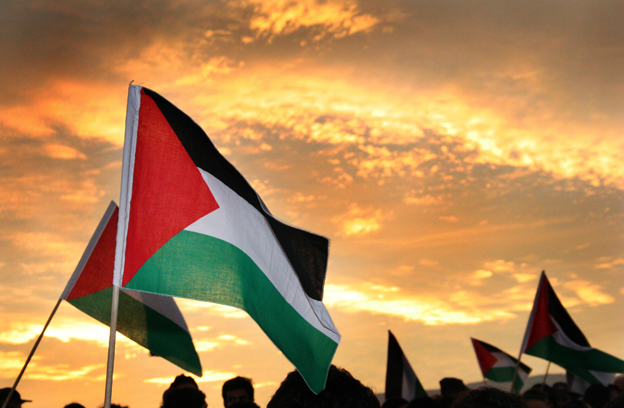Brussels – The ongoing tragedy in Gaza for more than nine months has turned the spotlight back on the never-resolved Israeli-Palestinian conflict and the two-state solution, the only option identified by the international community to achieve lasting peace. While Israel does not want to hear about it, the Palestinian National Authority must be supported to set up a true state apparatus. Today (July 19) came an important signal: the European Commission and the PNA signed a letter of intent setting out a series of steps—and funding—to address the “structural vulnerabilities exacerbated by the aftermath of the war in Gaza.”
It is an important message delivered by the European Commission’s second-time-appointed President, Ursula von der Leyen, within 24 hours of her confirmation as the head of the EU institution. Outwardly—in response to the accusations that have rained down in recent months on the intransigent pro-Israel stance taken by the leader after Oct. 7—and inwardly, listening to the progressive political groups (liberals, social democrats and greens) who supported her yesterday in Parliament and who are clamouring for a change of pace on the role of the EU in the resolution of the Israeli-Palestinian conflict.
“We are working on a much broader multi-year package to support an effective Palestinian Authority,” von der Leyen announced yesterday when presenting the policy priorities of the new mandate to the EU Parliament. “With this joint strategy, we are supporting the reform efforts of the Palestinian Authority. Together, we are laying the foundation for economic and political stability in the West Bank,” she added today, presenting the understanding signed by the EU Commissioner for Neighborhood and Enlargement, Olivér Várhelyi, and the PNA Minister for Planning and International Cooperation, Wael Zakout.
What the EU strategy envisages for the Palestinian National Authority
As a first step, the EU will provide short-term emergency financial support to the Palestinian Authority to address its most urgent financial needs and support a “substantial and credible” reform program. A support of €400 million in grants and loans will be disbursed in three instalments between July and September 2024, subject to progress in implementing the Palestinian Authority’s reform program. By the end of August, the government of Mohammed Mustafa is to succeed in rationalizing public spending, reducing recurrent expenditures by at least 5 per cent compared to the previous year, instituting a retirement age for all West Bank workers, publishing a new social protection law, and preparing an education reform plan. Preliminary actions agreed upon also include passing a law on electronic payments and improving access to justice and grievance mechanisms for citizens against government agencies.
According to the letter of intent, this short-term support “will pave the way for a comprehensive program for the recovery and resilience of Palestine.” The Commission has proposed establishing a donor coordination platform for Palestine from the fall of 2024 until the end of 2026. In von der Leyen’s plans is the submission of a legislative proposal to activate this comprehensive program in early September. This multi-year support “should enable the Palestinian Authority to achieve a balanced budget by 2026 and ensure its long-term financial sustainability thereafter.”
Brussels and Ramallah also devoted a few lines to Israel’s neighbour, with whom it will be crucial for the PNA to improve economic and financial relations, primarily “through the regular payment (by Tel Aviv, Ed.) of tax revenues owed to the Palestinian Authority and the removal of restrictions on the access of Palestinian workers”.
The European Commission also made it clear that none of the funds dedicated to the PNA should end up in the hands, directly or indirectly, of persons or entities subject to EU restrictive measures. In short, no sponsorship of terrorism because the key to the creation of a Palestinian state is to delegitimize the radical Islamism of Hamas and Palestinian Jihad by strengthening the only credible interlocutor identified by the West, the PNA. Then, however, it will be necessary to deal with Israel, whose Parliament approved only yesterday by an overwhelming majority a law prohibiting the creation of a Palestinian state.
English version by the Translation Service of Withub








